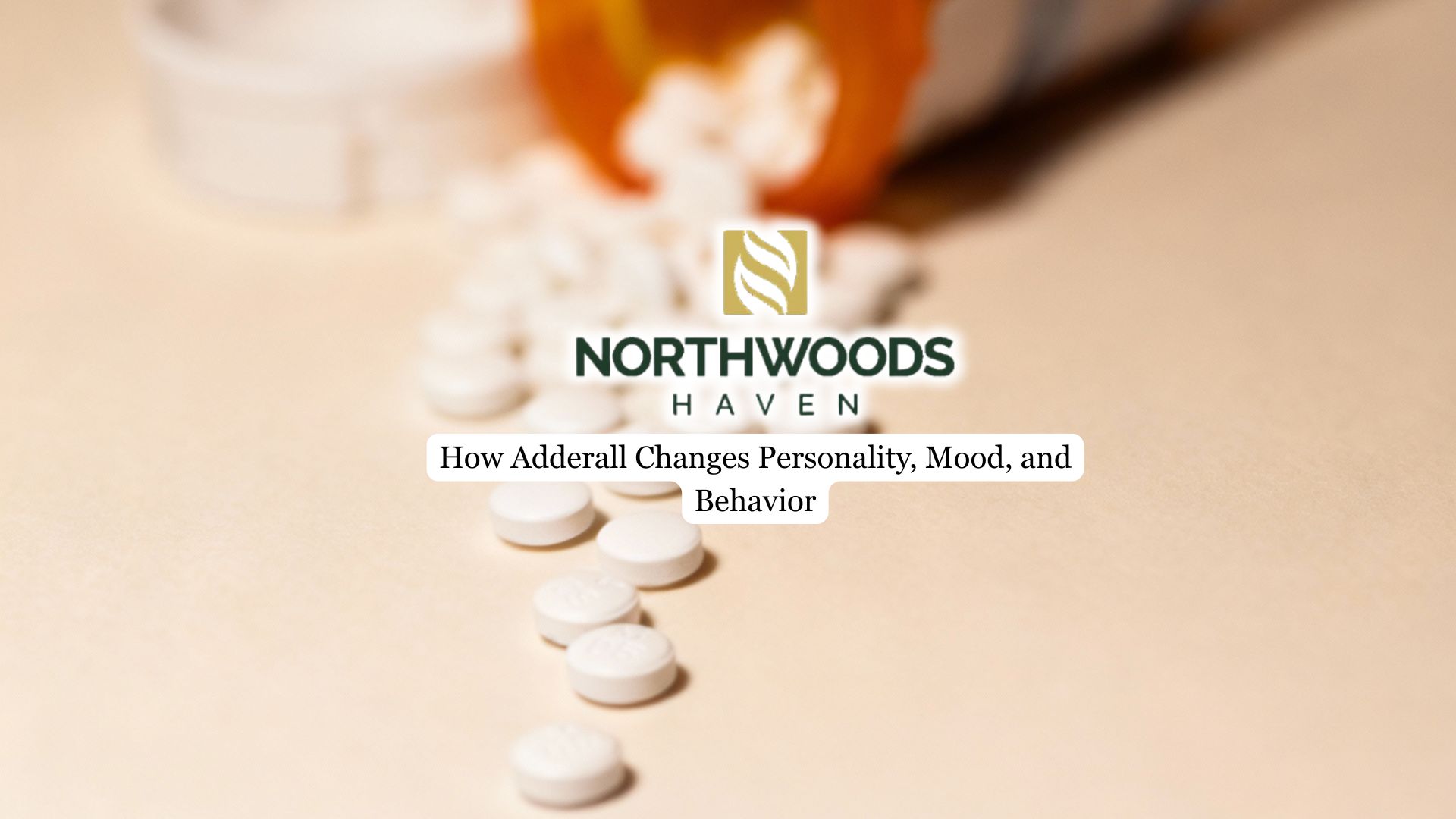Entering recovery is one of the most courageous and life-changing steps a person can take. Yet, the early stages of this journey can feel uncertain and overwhelming. Individuals may face a mix of emotional, social, and physical challenges as they adjust to a new lifestyle without substances. Understanding these common difficulties and learning effective ways to overcome them is key to maintaining long-term sobriety.
This article explores the most frequent challenges people encounter in early recovery and provides practical strategies to navigate them successfully.
Adjusting to Life Without Substances
One of the most immediate challenges is learning to live without substances that once provided comfort or relief. Many people in early recovery experience a sense of emptiness or confusion as they adapt to life without the patterns that previously shaped their routines. Activities that once seemed enjoyable may feel strange or uncomfortable at first.
Outpatient rehab programs can provide vital support during this critical phase of recovery, as they offer therapy, counseling, and help participants build a foundation for long-term sobriety in a flexible, less restrictive environment.
Developing healthy coping mechanisms is essential during this phase. Mindfulness, physical activity, and creative outlets such as art or journaling can help reduce anxiety and provide positive emotional release. Establishing a daily schedule of meals, rest, and planned activities offers stability and minimizes idle time that could lead to cravings.
Managing Cravings and Triggers
Cravings and triggers are among the most persistent hurdles during this stage. They can surface unexpectedly, often sparked by stress, familiar environments, or social cues associated with past substance use. While cravings can feel intense, they usually come and go in short waves.
The key to overcoming them is awareness and preparation. Identifying specific triggers through self-reflection or journaling helps individuals recognize patterns. Once triggers are understood, developing an effective response plan becomes easier. Techniques like deep breathing, grounding exercises, or calling a trusted friend can provide immediate relief. Professional support through group therapy also strengthens accountability and offers a safe environment to process difficult emotions.
Rebuilding Relationships and Trust
Addiction can deeply affect relationships, often leading to broken trust or emotional distance. In early recovery, repairing these connections is both challenging and rewarding. Family members or friends may still harbor feelings of hurt or skepticism, which can slow reconciliation.
Rebuilding trust takes time, consistency, and honesty. Communication should be open but measured, focused on listening, taking responsibility, and expressing a genuine desire for change. Family therapy can play a valuable role in restoring understanding and creating shared goals for healing. Demonstrating accountability through actions, such as attending meetings or fulfilling commitments, reinforces credibility. As trust returns, relationships often become a powerful source of motivation and emotional support.
Coping with Emotional Ups and Downs
Without substances to numb emotions, individuals in early recovery often experience mood swings or emotional intensity. Feelings like guilt, anger, loneliness, or sadness can surface unexpectedly. These emotional fluctuations are part of the brain’s process of rebalancing after long-term substance use.
Acknowledging emotions rather than avoiding them is essential for healing. Therapy provides a safe space to explore and understand these feelings. Learning emotional regulation skills, such as mindfulness, grounding, and positive self-talk, can reduce impulsive reactions. Self-compassion also plays a crucial role. Instead of viewing emotional struggles as failures, they should be seen as opportunities to grow stronger in self-awareness and resilience.

Finding a New Sense of Purpose
Recovery is not only about quitting substances. It’s about building a fulfilling, meaningful life beyond addiction. Many individuals find themselves questioning their identity and purpose once they are no longer defined by substance use. This uncertainty can lead to frustration or a sense of loss.
Discovering new passions and interests is an important part of the recovery journey. Volunteering, exploring hobbies, pursuing education, or setting career goals can help reignite motivation. These experiences reinforce a sense of accomplishment and belonging. Building a life based on values and purpose strengthens recovery and replaces the void once filled by addiction.
Staying Committed to the Recovery Process
Maintaining motivation in recovery requires consistency, patience, and community. It’s common to face setbacks or moments of doubt, but staying connected to a supportive network can make all the difference. Peer support groups, therapy, and sober living environments provide ongoing encouragement and accountability.
Creating a personalized relapse prevention plan helps individuals anticipate challenges before they arise. This plan should include specific strategies for handling triggers, warning signs, and high-risk situations. Regularly revisiting and updating the plan ensures it stays relevant as recovery evolves. Each milestone, no matter how small, reminds us of the strength and progress we have gained along the way.
Final Thoughts from Northwoods Haven Recovery
Early recovery presents both obstacles and opportunities for transformation. While the path forward may not be linear, each step taken builds greater stability and confidence. Recognizing challenges and applying healthy coping strategies allows individuals to navigate this critical stage with resilience and self-awareness.
At Northwoods Haven Recovery, we understand the complexities of early recovery and provide a compassionate environment for healing. Our outpatient treatment programs in Minneapolis, MN, combine evidence-based therapy with personalized support to help clients overcome obstacles, rebuild relationships, and find renewed purpose in sobriety.


